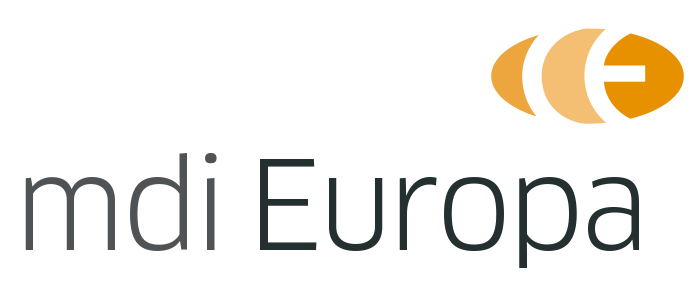The EU AI Act is set to affect medical device companies, with a main compliance deadline of August 2, 2027, and some earlier milestones coming as soon as February 2, 2025 where the latter brings obligations concerning prohibition of certain AI practices and requiring AI literacy. This means among others that companies will need to have their staff and users trained on the safe operation of their AI-enabled products by February 2, 2025 to comply with the requirements on AI Literacy.
Medical technology firms that incorporate AI into their devices tend to be classified as high-risk under the Act, which means they must meet stringent requirements similar to those already in place under the medical devices and in vitro diagnostic medical devices regulations (MDR and IVDR). While many aspects of the AI Act—such as quality management, post-market surveillance, and risk management—mirror existing requirements under the MDR and IVDR, there are new elements to consider. One notable addition is the requirement to report serious adverse incidents, which includes not only patient harm but also environmental and property damage. Integrating these new reporting obligations into existing systems will undoubtedly be challenging.
Notified bodies like BSI and TÜV SÜD are already preparing to assess medical device AI systems under the new rules, but uncertainties remain about how many bodies will be designated and whether existing software codes for medical devices can be reused or will need to be completely redesigned. To navigate these complexities, medical device manufacturers are advised to stick with the same notified body for conformity assessments whenever possible.
Additionally, some products—such as mental health apps—might fall under more than one set of conformity requirements, further complicating the landscape. While the European Commission is expected to clarify these issues soon, the current ambiguity poses a significant risk, especially for smaller companies. These are known for their innovative ideas and clinical expertise but often struggle with the extensive documentation and quality management requirements that larger firms can more easily manage.
Overall, while the alignment of the AI Act with existing regulations offers a competitive advantage by building on familiar requirements, the lack of clear definitions and the introduction of new obligations mean that companies must act swiftly to ensure compliance before the deadlines approach.
Source: Medtech Insight (an Informa product)





